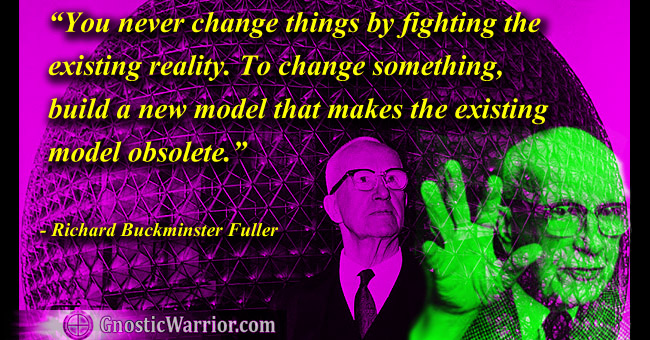Verily, then, to antiquity alone have we to look for the origin of all things. How well Hargrave Jennings expresses himself when speaking of Pyramids, and how true are his words when he asks: “Is it at all reasonable to conclude, at a period when knowledge was at the highest, and when the human powers were, in comparison with ours at the present time, prodigious, that all these indomitable, scarcely believable physical effects — that such achievements as those of the Egyptians — were devoted to a mistake? that the myriads of the Nile were fools laboring in the dark, and that all the magic of their great men was forgery, and that we, in despising that which we call their superstition and wasted power, are alone the wise? No! there is much more in these old religions than probably — in the audacity of modern denial, in the confidence of these superficial-science times, and in the derision of these days without faith — is in the least degree supposed. We do not understand the old time. . . . . Thus we see how classic practice and heathen teaching may be made to reconcile — how even the Gentile and the Hebrew, the mytho-
Page 36
logical and the Christian doctrine harmonize in the general faith founded on Magic. That Magic is indeed possible is the moral of this book.”
It is possible. Thirty years ago, when the first rappings of Rochester awakened slumbering attention to the reality of an invisible world; when the gentle shower of raps gradually became a torrent which overflowed the whole globe, spiritualists had to contend but against two potencies — theology and science. But the theosophists have, in addition to these, to meet the world at large and the spiritualists first of all.
“There is a personal God, and there is a personal Devil!” thunders the Christian preacher. “Let him be anathema who dares say nay!” “There is no personal God, except the gray matter in our brain,” contemptuously replies the materialist. “And there is no Devil. Let him be considered thrice an idiot who says aye.” Meanwhile the occultists and true philosophers heed neither of the two combatants, but keep perseveringly at their work. None of them believe in the absurd, passionate, and fickle God of superstition, but all of them believe in good and evil. Our human reason, the emanation of our finite mind, is certainly incapable of comprehending a divine intelligence, an endless and infinite entity; and, according to strict logic, that which transcends our understanding and would remain thoroughly incomprehensible to our senses cannot exist for us; hence, it does not exist. So far finite reason agrees with science, and says: “There is no God.” But, on the other hand, our Ego, that which lives and thinks and feels independently of us in our mortal casket, does more than believe. It knows that there exists a God in nature, for the sole and invincible Artificer of all lives in us as we live in Him.
No dogmatic faith or exact science is able to uproot that intuitional feeling inherent in man, when he has once fully realized it in himself.
Human nature is like universal nature in its abhorrence of a vacuum. It feels an intuitional yearning for a Supreme Power. Without a God, the cosmos would seem to it but like a soulless corpse. Being forbidden to search for Him where alone His traces would be found, man filled the aching void with the personal God whom his spiritual teachers built up for him from the crumbling ruins of heathen myths and hoary philosophies of old. How otherwise explain the mushroom growth of new sects, some of them absurd beyond degree? Mankind have one innate, irrepressible craving, that must be satisfied in any religion that would supplant the dogmatic, undemonstrated and undemonstrable theology of our Christian ages. This is the yearning after the proofs of immortality. As Sir Thomas Browne has expressed it: . . . . “it is the heaviest stone that
Page 37
melancholy can throw at a man, to tell him that he is at the end of his nature, or that there is no future state to come, unto which this seems progressive, and otherwise made in vain.” Let any religion offer itself that can supply these proofs in the shape of scientific facts, and the established system will be driven to the alternative of fortifying its dogmas with such facts, or of passing out of the reverence and affection of Christendom. Many a Christian divine has been forced to acknowledge that there is no authentic source whence the assurance of a future state could have been derived by man. How could then such a belief have stood for countless ages, were it not that among all nations, whether civilized or savage, man has been allowed the demonstrative proof? Is not the very existence of such a belief an evidence that thinking philosopher and unreasoning savage have both been compelled to acknowledge the testimony of their senses? That if, in isolated instances, spectral illusion may have resulted from physical causes, on the other hand, in thousands of instances, apparitions of persons have held converse with several individuals at once, who saw and heard them collectively, and could not all have been diseased in mind?

Moe is the founder of GnosticWarrior.com. He is a father, husband, author, martial arts black belt, and an expert in Gnosticism, the occult, and esotericism.

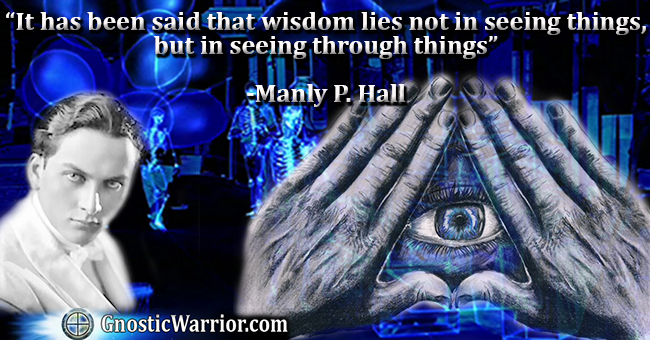
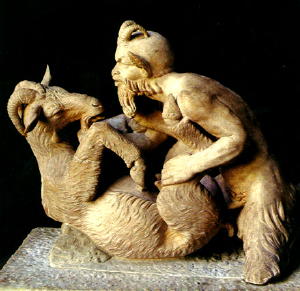

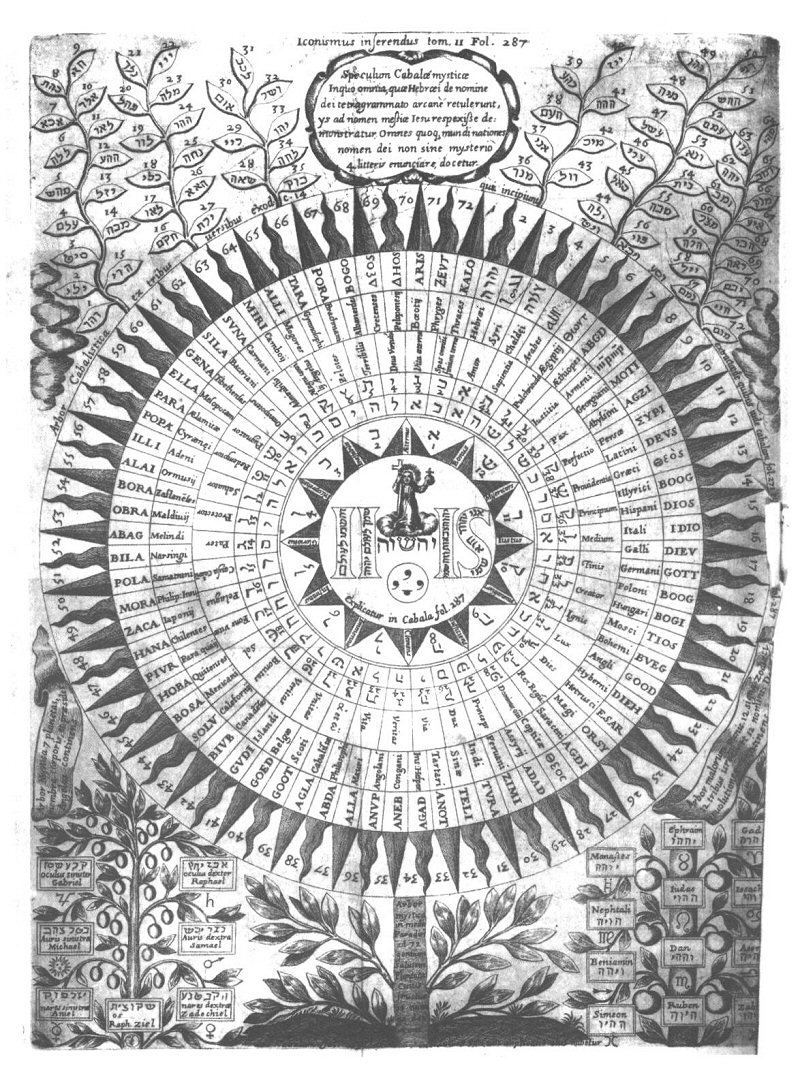
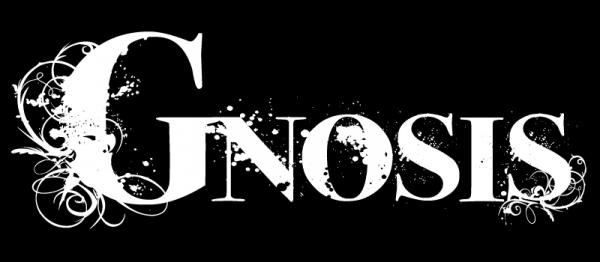
![How one in the province of the Northumbrians, rose from the dead, and related many things which he had seen, some to be greatly dreaded and some to be desired [Circ. 696 A.D.] | Book 5 | Chapter 11 How one in the province of the Northumbrians, rose from the dead, and related many things which he had seen, some to be greatly dreaded and some to be desired [Circ. 696 A.D.] | Book 5 | Chapter 11](https://www.gnosticwarrior.com/wp-content/plugins/contextual-related-posts/default.png)
